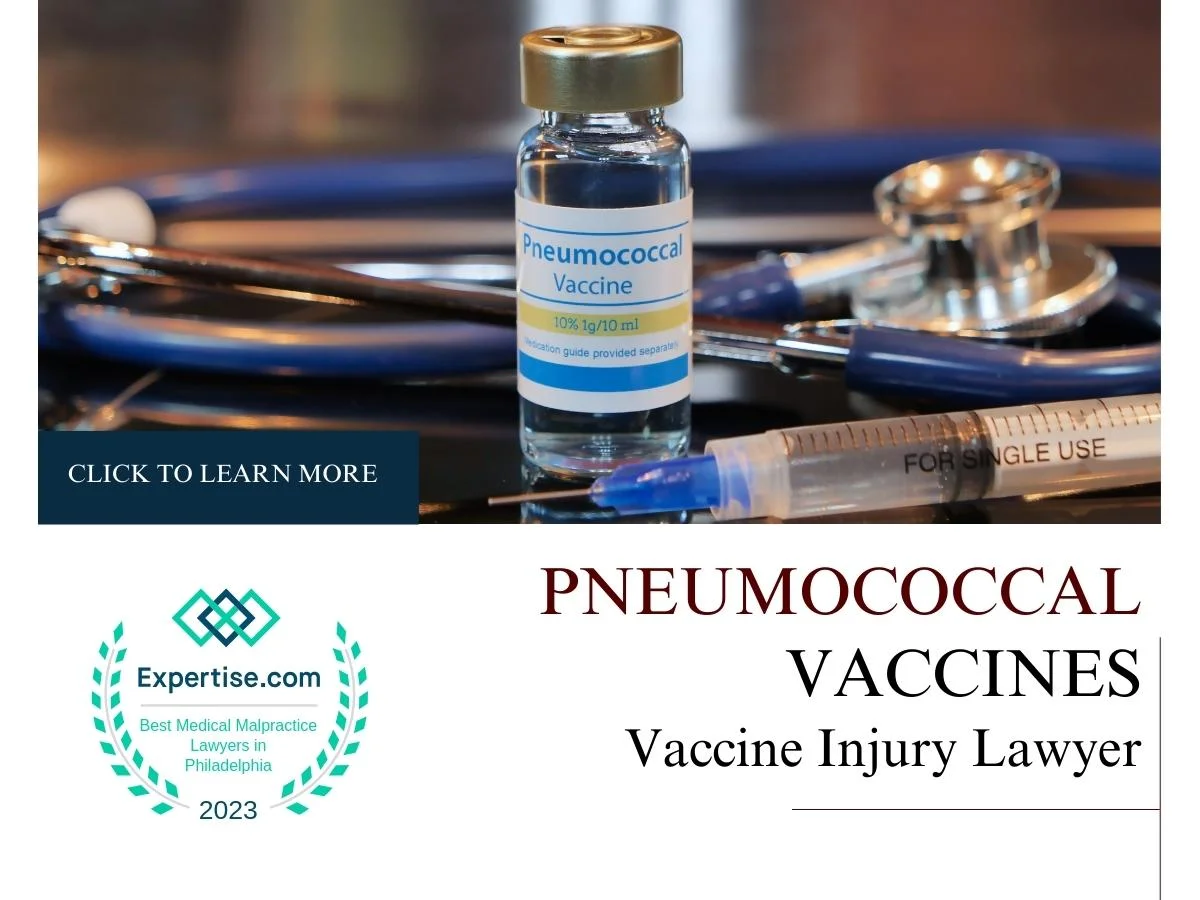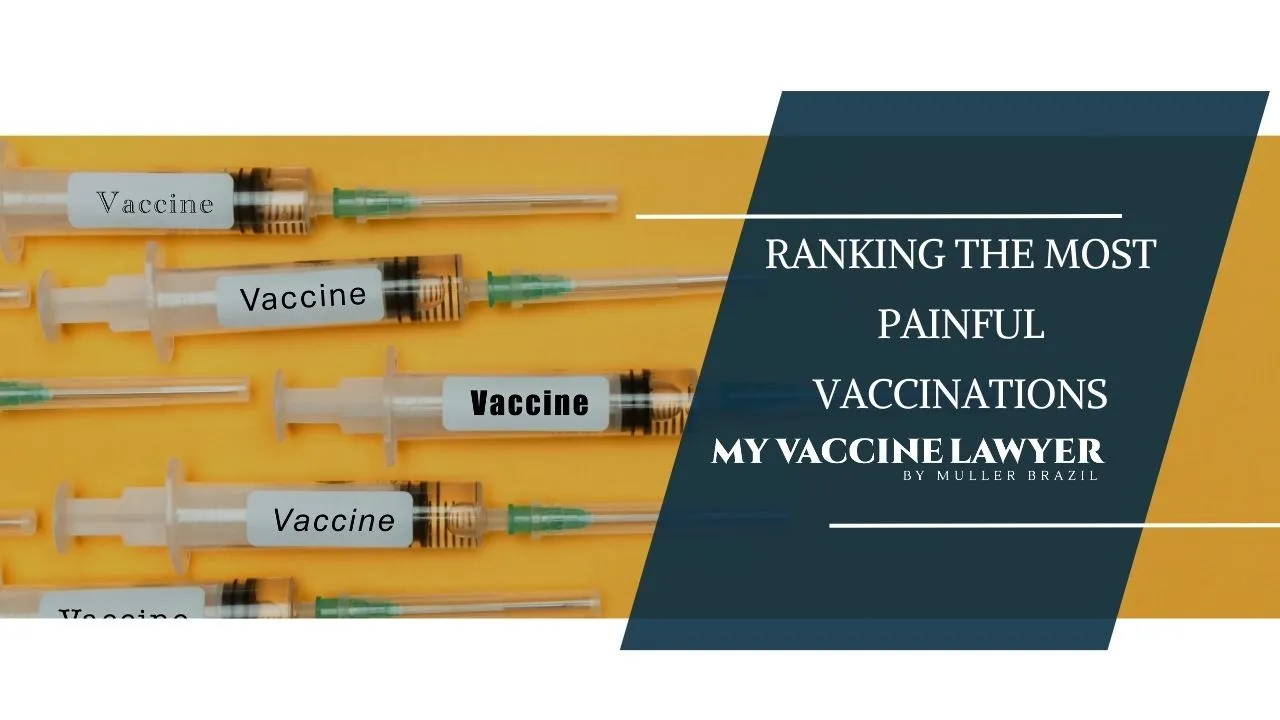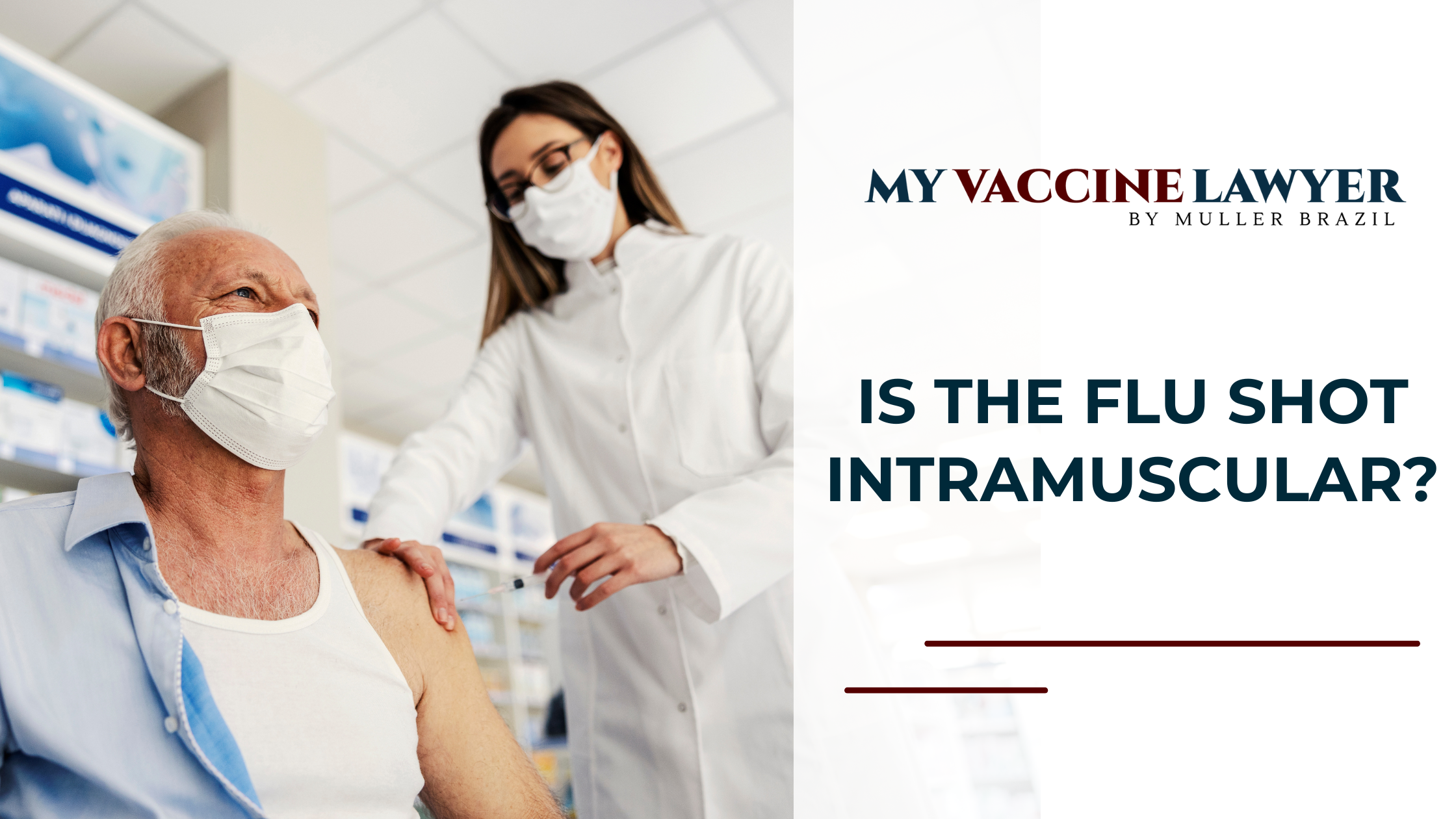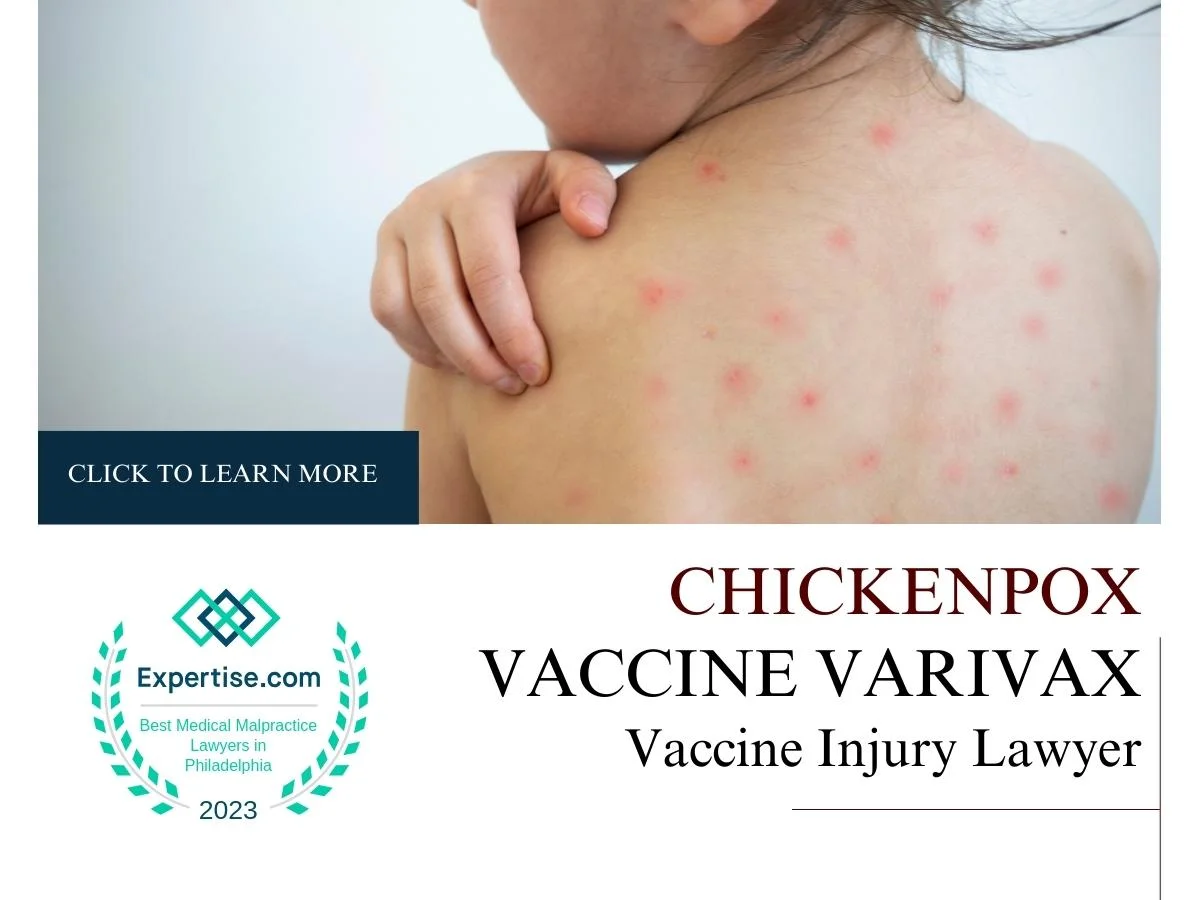Understanding Pneumococcal Vaccines: Types, Benefits, and Side Effects
Pneumococcal disease caused by streptococcus pneumoniae, though perhaps not a household name, poses a significant health risk that leads to thousands...
2 min read
Vaccine Injury Law Resources / Max Muller / Varivax Vaccine Guide: Chickenpox Prevention & Safety
 Max Muller
:
Feb 1, 2023 2:54:40 PM
Max Muller
:
Feb 1, 2023 2:54:40 PM
The vaccine works by introducing a weakened form of the virus, helping your body build immunity without causing the illness. Given in two doses, it provides over 95% protection and long-term safety. Most people only experience mild side effects, but serious reactions, although rare, can occur. If you or someone you know has severe side effects, our lawyers at My Vaccine Lawyer can help you get the compensation you deserve. Talk to a healthcare professional about the Varivax vaccine today to protect your health.
The Varivax vaccine is a live attenuated virus vaccine used to protect children and adults from the varicella-zoster virus, which causes chickenpox. The chickenpox vaccine has been used since 1995 and is recommended for all healthy individuals aged 12 months or older. It has been proven to be highly effective at preventing chickenpox and its complications.
The Varivax vaccine works by introducing a weakened form of the virus into the body, allowing it to recognize and develop immunity against the virus. The weakened form of the virus cannot cause an infection, but the body can still produce antibodies in response to it. This process helps your body protect itself from getting sick with chickenpox in the future.
The Varivax vaccine is recommended for all healthy children aged 12 months to 15 months and for any child or adult who has not had chickenpox. It is also important to note that pregnant women should avoid getting the Varivax vaccine due to potential risks to the developing fetus.
The Varivax vaccine is usually given in two doses. The first dose is typically administered to children aged 12 months to 15 months, while the second can be given between 4 and 6 years of age. Both doses are usually injected intramuscularly into the deltoid muscle of the arm.
The Varivax vaccine prevents chickenpox, with a reported efficacy rate of more than 95%. Clinical studies have also found that the Varivax vaccine can help reduce the severity and duration of chickenpox symptoms if contracted despite vaccination. In addition, the Varivax vaccine can provide long-term protection against chickenpox for up to 10 years.
Studies have shown that the Varivax vaccine is both effective and safe at preventing chickenpox. The Varivax vaccine is generally considered safe, with only mild side effects reported in most cases. The risk of serious complications from the vaccine is very small, estimated to be about one in a million doses administered.
Some serious side effects of the Varivax vaccine include seizures, low platelet count, and thrombocytopenia. Other rare side effects include anaphylaxis (severe allergic reaction) and encephalitis (brain swelling). It is important to consult with a healthcare professional before getting the Varivax vaccine to ensure that it is the right choice for you.
Here at My Vaccine Lawyer, we represent clients in lawsuits related to serious side effects from the Varivax vaccine. Our experienced attorneys stand by to help you get the compensation you deserve. If you or a loved one have experienced serious side effects from receiving the Varivax vaccine, don't hesitate to contact us today for a free case consultation.
Mr. Muller currently devotes the majority of his law practice to aggressively fighting for the victims of unsafe drug and medical device injuries, as well as vaccine injuries and vaccine reactions involving the flu shot, TDaP/DTaP vaccine, and more. He has handled hundreds of SIRVA injury cases (shoulder injury related to vaccine administration), especially those involving bursitis, tendonitis, frozen shoulder, and rotator cuff tears. Mr. Muller also handles cases where vaccines caused serious nerve injuries such as Guillain-Barre Syndrome. Mr. Muller has recovered millions of dollars in compensation for his clients in the Vaccine Injury Compensation Program.

Pneumococcal disease caused by streptococcus pneumoniae, though perhaps not a household name, poses a significant health risk that leads to thousands...

Some vaccines hurt more than others due to factors like the injection method, vaccine ingredients, and individual sensitivity relating to genetics...

Yes, the flu shot is administered intramuscularly in most cases, typically in the deltoid muscle of the upper arm.
